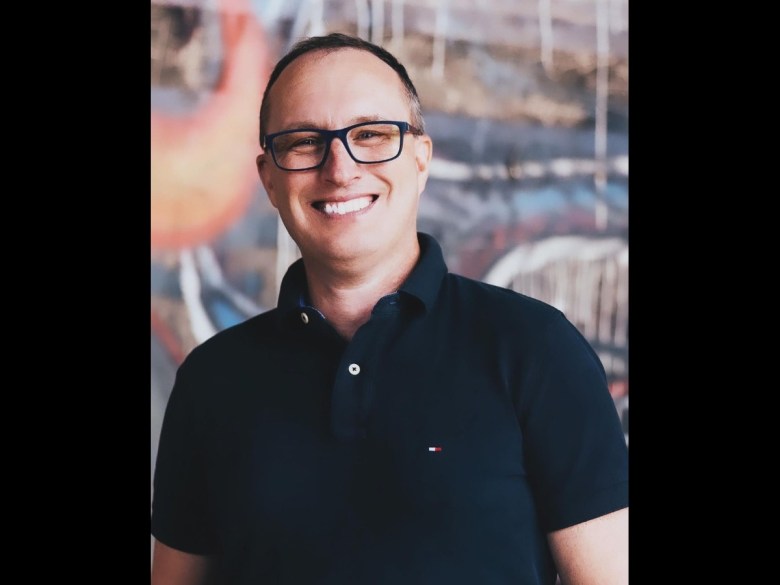An ambitious plan to get more Queenslanders with disability into work would see employment targets tied into the legacy of the upcoming Brisbane Olympic Games.
The Game Changers report, produced by Urbis and released by Queenslanders with Disability Network (QDN), lays out the potential for the 2032 Olympic and Paralympic Games to change the employment environment for people with disability – not just in Queensland, but in Australia more broadly.
The report identifies the Games as a chance to establish a legacy across the community by increasing meaningful employment of people with disability on an ongoing basis.
“Meaningful employment is an important contributor to higher living standards, better wellbeing, and positive participation in society with clear benefits to the wider workforce,” the report notes.
The report makes several recommendations grouped into three ‘pillars’, to prepare, set benchmarks and create a legacy for disability employment.
The first pillar sets the foundations “to improve employment outcomes for people with disability during the Games” by 2028; the second sees the Games achieving “clear and measurable targets for disability employment, procurement and volunteering” by 2032; the final pillar recommends that “by 2042, people with disability have more opportunity for meaningful employment within a connected and supportive employment ecosystem”.
The Game Changers report is based partly on the legacies achieved in other countries following similar major sporting events.
Acting CEO of QDN, Steve Coulter, told Link that achieving the first recommendation by 2028 is “ambitious, but it’s feasible”.
“It requires, I would say, a concentrated effort from all stakeholders, including government bodies, businesses and the community, with clear milestones and accountability, and sustained advocacy from organisations like Queenslanders with Disability Network,” he explained.
“We’re confident that the initial target is attainable. There is a mood of change. It’s the right time.”
The Game Changers report notes that policy alone isn’t enough to create meaningful change in employment rates for people with disability; instead, it suggests that legislated targets, employment initiatives and education on the issue will help inspire and embed change. It adds that policy should be co-designed and led by people with disability themselves.
Coulter said co-design is vital to the success of the report’s recommendations.
“Co-design has to be authentic. It starts right from the initial conversation,” he explained.
“In this context, it involves engaging people with disabilities, their families, carers, service providers and relevant experts. The dialogue needs to be sincere, it nees to be authentic, and it needs to be meaningful to shape the policies and programs that are needed.”
Asked why the employment rate for people with disability hasn’t changed for several decades, Coulter said there were several contributing factors.
“I think people’s commitment in working with people with disability is there [but] a lot of people just don’t know how to do it. I think there is still an element of social attitudes, a lack of accessibility, for example,”
He added that social barriers – such as late taxis and education gaps – have also contributed to the dire situation.
But he is confident that Brisbane can achieve the recommendations set out in the report, providing “a template for the rest of Australia to follow”.
Julie Saunders, director of Urbis, said the report helped to emphasise that now is the time for change.
“All systems attached to disability are broken,” Saunders, whose daughter lives with a disability, explained.
“As a society, we need to actually get better at including people with disability, whether it’s through sporting programs or participation in society of employment… there are significant benefits for organisations [that employ people with disability].”
She believes that workplace culture needs to change in order to create inclusive employment; capacity building and appropriate funding will also help establish a more diverse workforce.
Read the full Game Changers report online on the QDN website.

